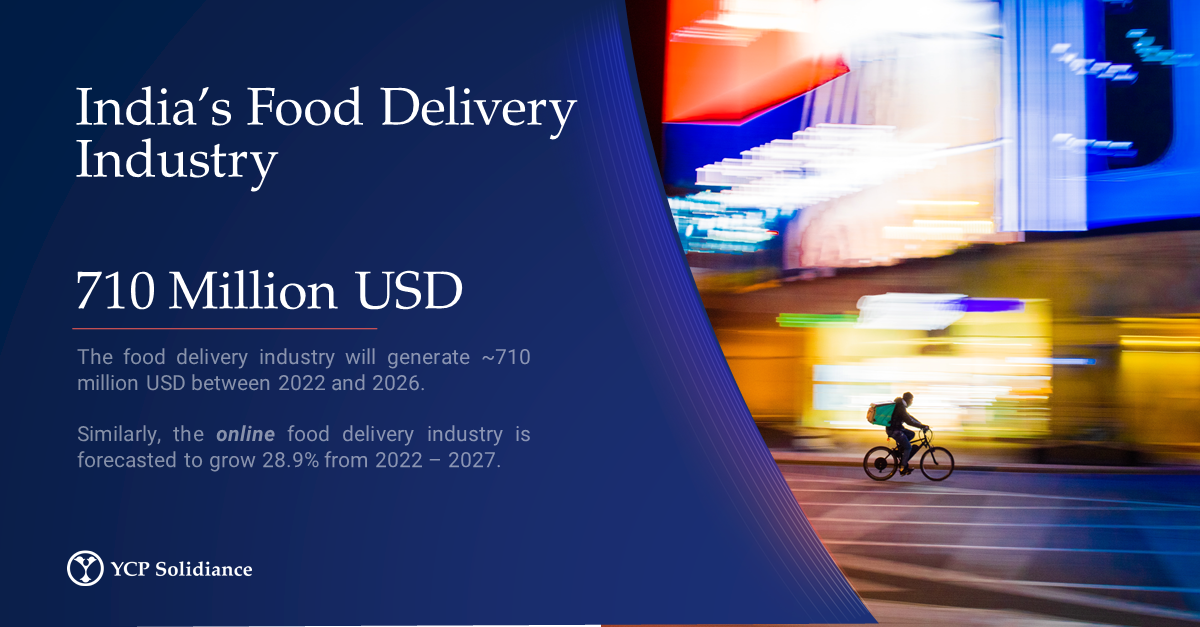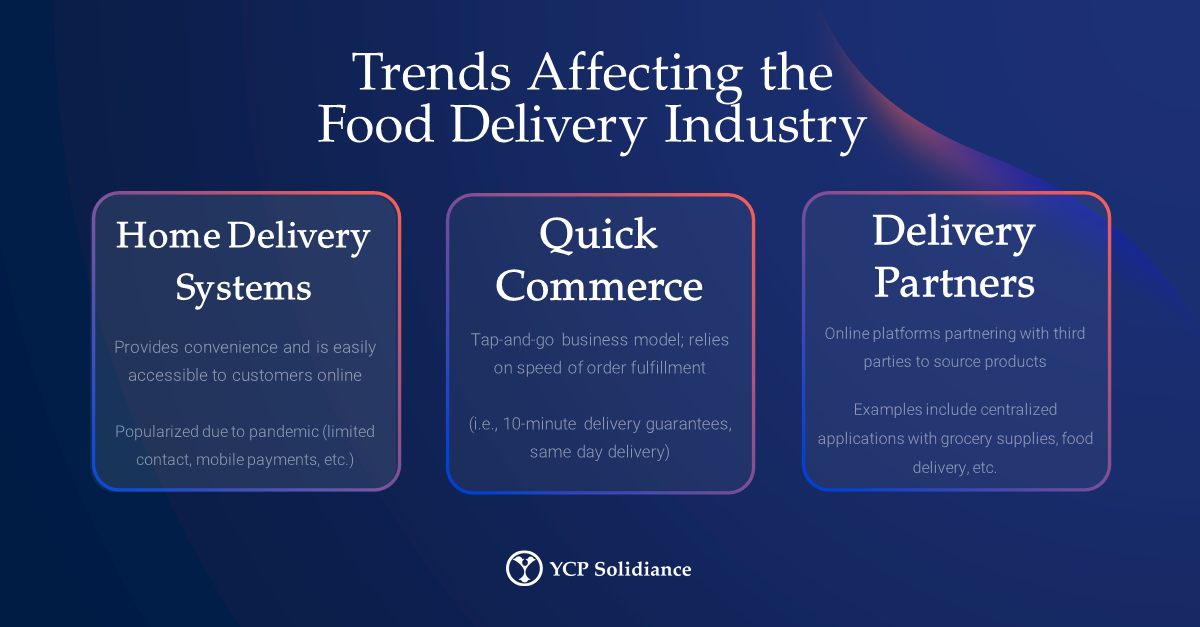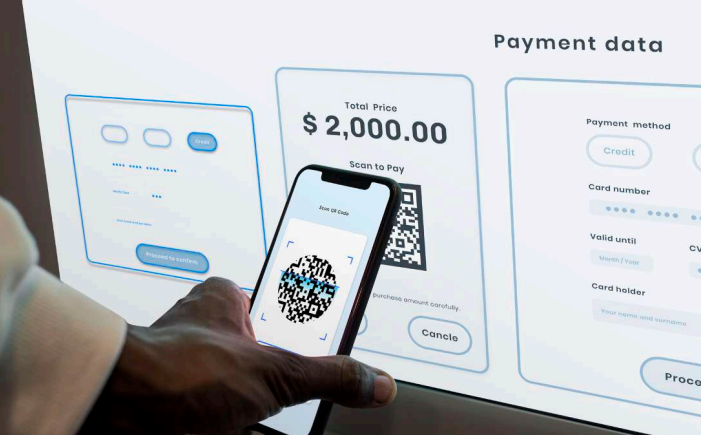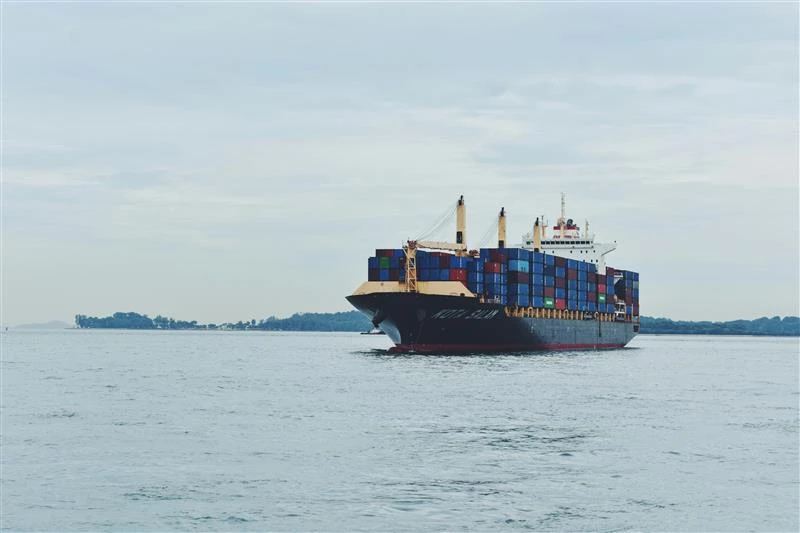The trend of digitalization amidst the COVID-19 pandemic has generally transformed how businesses in several industries operate. In India, the online food delivery industry has largely benefitted from undergoing digital transformation and has drastically affected the food delivery market in India.
As per an industry report by Business Wire, the food delivery market in India is currently set to generate approximately 710 million USD from 2022 to 2026, while exhibiting a CAGR of 28.13%. Similarly, a separate report by IMARC Group claims that the online segment is projected to grow by 28.9% from 2022 to 2027. This data is indicative of growing investor interest surrounding the digital food delivery sector, but more importantly, the significance of digital transformation in catalyzing potential business opportunities.
The Concept of Digital Food Delivery
A restaurant management platform called UrbanPiper recently raised 24 million USD in its series B funding as reported by TechCrunch. Given that UrbanPiper currently processes 18% of the online food delivery transactions in India, it is no surprise that leading food delivery services like Swiggy and Zomato have invested. Since the pandemic, investments in digital food services like UrbanPiper have been trending in India.
Further, UrbanPiper’s business model also signifies how digital transformation has fundamentally changed the food delivery business—both for consumers and operators. For consumers, advantages such as convenience have gradually popularized online food delivery as the primary option, especially amid the pandemic. Meanwhile, business owners have strived to digitally transform as doing so increases exposure to online audiences and provides benefits like supply chain innovation via digital solutions.
Of the innovations driven by digital transformation in the Indian online food delivery market, the 10-minute delivery concept is of note. This service was conceptualized and made popular by Mumbai-based grocery app Zepto, a platform that specializes in quick commerce as manifested by its 10-minute grocery delivery guarantee.
While the instant delivery concept has faced criticism due to the high level of demand it places on delivery partners, the trend is currently being replicated by other major industry leaders. Notable names such as food aggregators Zomato and Swiggy have already launched their own versions of the 10-minute grocery delivery. Although major companies have been quick to capitalize on the trend, there is still a gap in the market wherein new entrants can also take advantage.
For instance, considering that quick commerce will likely trend in the food delivery sector, MSMEs can also partner with these platforms to increase the supply that current delivery partners cannot accommodate. Further, if this trend extends beyond that of grocery delivery, partnerships with local restaurants may also hold significant potential. Considering that the digital transformation of smaller businesses in India is nascent due to a lack of resources, the exploration of possible partnerships may ultimately prove fruitful as it could promote widespread digital transformation.
Overall, digital transformation has been invaluable in accelerating the development of India’s online food delivery market. On one hand, the application of digital solutions like online platforms with specialized services has increased the reach of businesses in the digital age. Moreover, as the digital ecosystem in the context of the food delivery industry matures, potential business opportunities and fresh revenue streams will gradually become available at several levels, be it MSMEs, startups, or corporations.
To learn more about the development of closely related industries across Asia and their outlook in the coming years, subscribe to our newsletter here and check out these reports:







